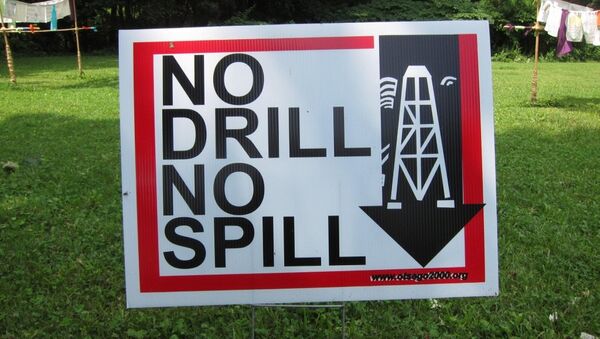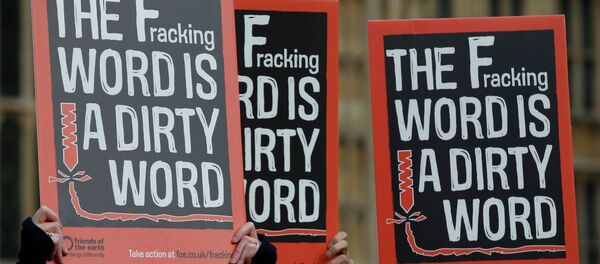The controversial practice involves pumping large amounts of water, sand and chemicals deep underground through a well to break shale. Shattering these rocks releases fuel like natural gas and oil.
The natural gas is then put through a process to remove impurities and extract other valuable gases like propane and ethane.
“A decade ago, no one projected the growth in shale gas or tight oil in the US or anywhere else in the world,” said energy analyst and blogger Rod Janssen.
This economic progress, however, is not gaining much support from environmentalists who say that extracting natural gas through fracking leaks dangerous levels of methane, which then harms the atmosphere.
However, a recent study indicates that the post-2006 increase in atmospheric methane wasn’t mainly due to fracking or escaped shale gas. The study by the National Institute of Water and Atmospheric Research attributed most of the increase to agricultural practices and methane-producing bacteria.
Still, the Environmental Protection Agency is imposing more regulations. In March, it announced crafting rules to “regulate methane from hundreds of thousands of oil and gas wells already in operation."




